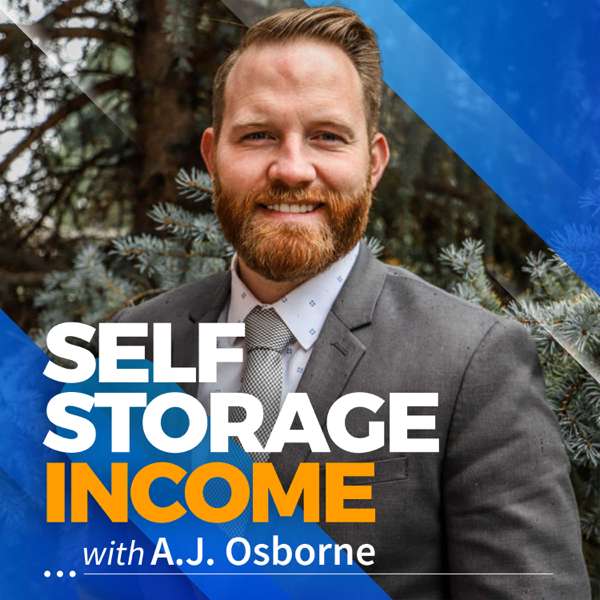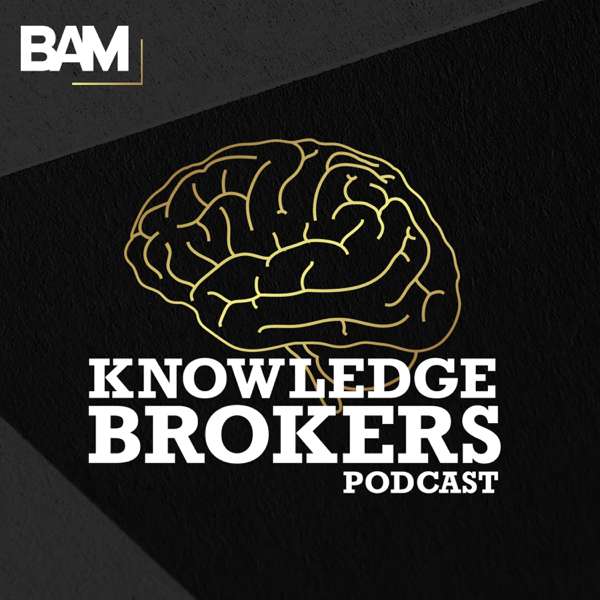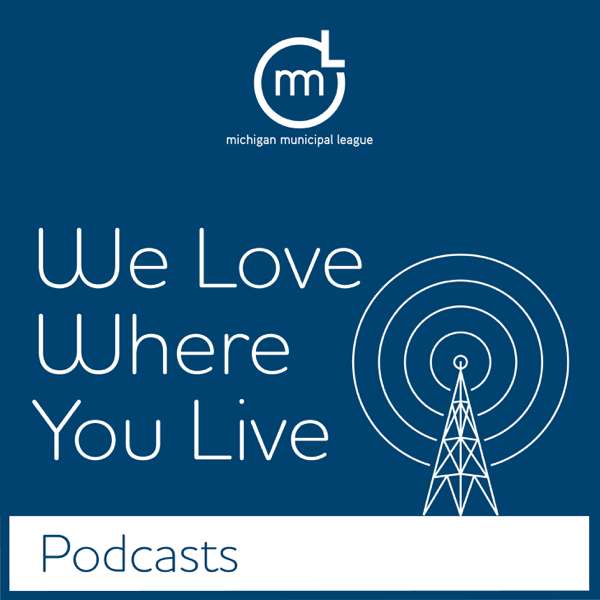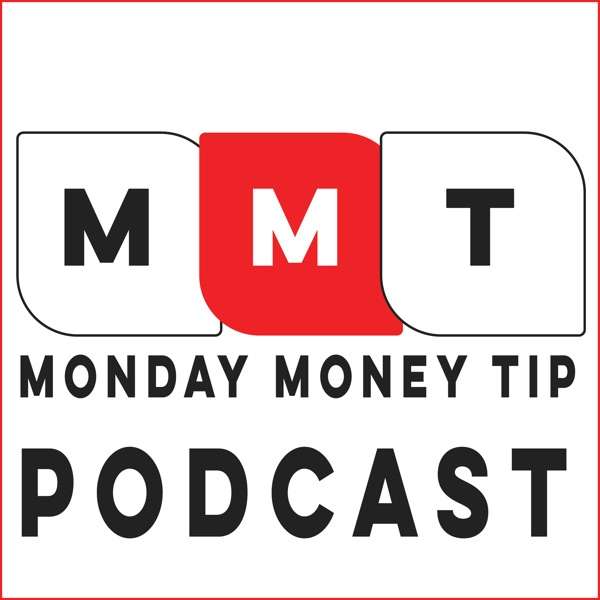Ben Rabidoux was the guest on podcast episode 266 in October 2019 where he correctly predicted lower interest rates, deflation and a weakening economy, and that was even without t foreseeing COVID-19. On today’s show he has many new predictions, including: Lenders will, very soon, lower HELOC borrowing availability, and likely convert HELOCs to regular loans requiring payments of interest and principal each month. He also predicts that residential rents will fall by 10%, and perhaps more in many markets. Many investors in second mortgages will be wiped out. Population growth will slow dramatically, and that, combined with a 95% reduction in Airbnb bookings will reduce house prices (but not immediately, because the real estate market is essentially frozen, with less buying and selling). It's a jam-packed episode with lots of insight and probably our longest show yet. Enjoy!
Time Stamps (if you want to skip ahead)
4:37 – The numbers are staggering; employment insurance claims could be as much as 20 times normal
5:20 – Q2 GDP could have a minus 20% to 30% annualized GDP growth (it was a third of that in the depths of the 2008-2009 recession)
6:58 – We aren’t epidemiologists; we have no clue when this will end; so far, if you believe the numbers, Canada is tracking under the worst countries, but it’s still early; hopefully social distancing will flatten the curve; Ben is optimistic and hopes
9:13 – big question is what is the hit to the economy, and how will it change consumer behaviour; the headlines will be scary for months; not likely a V shaped recovery
12:33 – our economy was built on consumer consumption, fueled by debt
14:00 – economic growth in the last five years has been levered around 80% of household consumption and residential investment (building, buying and selling houses). Almost 2% of our economy is real estate transaction costs (realtor fees, legal fees) which is stunning.
17:00 – We are missing that population growth is largely from immigration, and a lot of that is from non-permanent residents
18:42 – 3.6% of the entire Canadian population is the non-permanent resident cohort, which has grown by over 200,000 in the last year, which has accounted for over a third of our total population growth. It will shrink, and no-body is expecting that.
20:45 - Airbnb rentals will be entering the long term rental pool; Airbnb has been decimated; big under-apr… GDP growth per capita was negative before the recession started.
22:35 – Isn’t this going to crash the real estate market? The real estate market is frozen. No-one wants to buy or sell.
25:09 – Could rents go down 10%? 20%?
26:58 – will renovictions stop?
29:37 – if you are a renter now, is it likely there will be better deals in the future than there are today?
31:07 – Will we see structural change? Will people get used to working from home, and will that impact the real estate market? Will the suburbs be a big winner?
32:37 – Amazon will come out of this a big winner. Canadian Tire, not so much.
34:55 – Listener questions; Ben’s thoughts on secondary mortgage lenders (not the big banks).
36:17 - The average guy who invested in mortgages is at risk of getting wiped out
40:08 – Impact on mortgage insurers (CMHC, Genworth) is huge; in a foreclosure, the second mortgage holder may lose everything
41:45 – HELOCs – how big is our exposure?
44:48 – If the bank wanted to, they can call a HELOC at any time. More likely, they will force amortization, and cancel HELOCs
47:50 – What the banks are going to do: 1. Cut limits on lines of credit; 2. Force amortization to turn lines of credit (both unsecured and HELOCs) into regular loans, with payments of principal and interest
53:40 – some words of encouragement and reasons for optimism

 Our TOPPODCAST Picks
Our TOPPODCAST Picks  Stay Connected
Stay Connected







